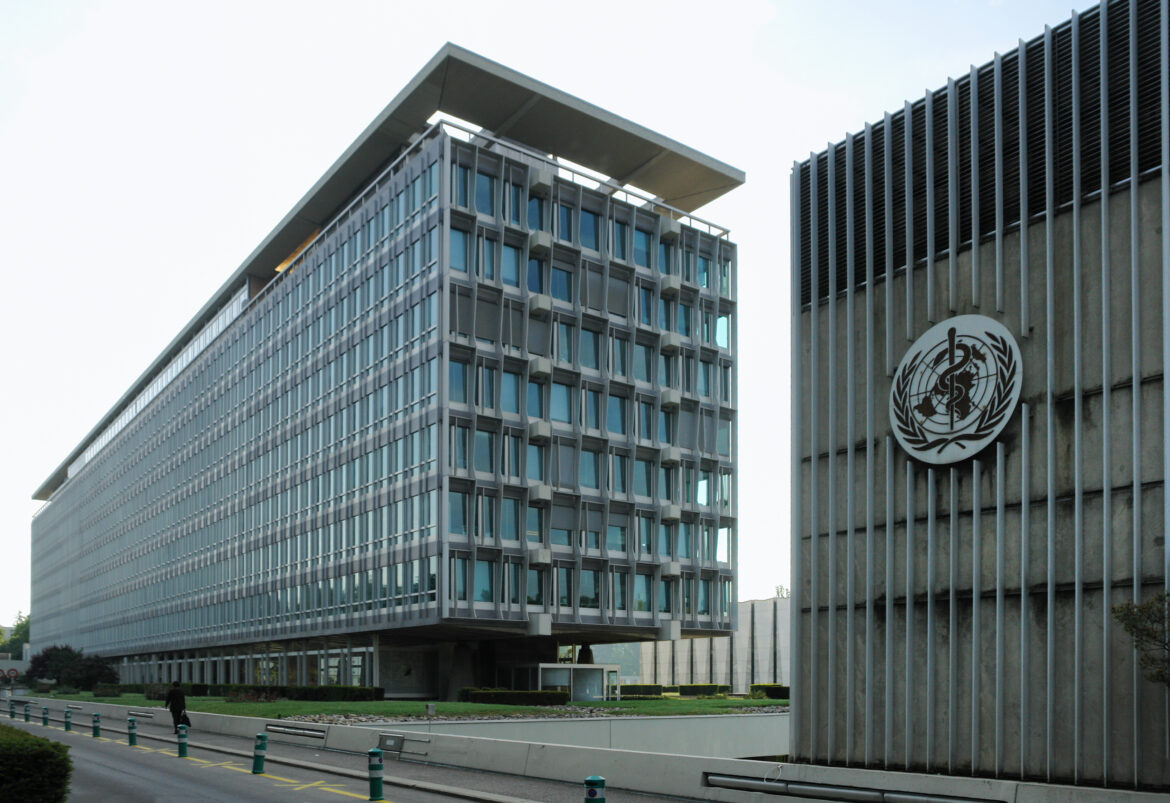Three and a half years on from Covid lockdowns, where does the World Health Organisation stand today? Created in 1948, the WHO has an incredible track record of public health successes, including its contribution to the eradication of smallpox and polio. More recently, though, it seems to have gone off the rails. The WHO has lost sight of its original mission and become sucked into the vortex of health virtue-signalling, leaving us all worse off.
Covid should have been a time for the WHO to shine. A once-in-a-generation viral pandemic which shocked the world was a textbook situation in which we would have all benefitted from strong, competent leadership from a global health body. Instead, its performance was nothing less than disastrous.
Even with years of hindsight, it is still hard to say how many of the world’s three million Covid deaths can be put down to the WHO, but it seems clear that history will not look back favourably on the way the WHO conducted itself and prioritised outcomes at the height of Covid uncertainty. If nothing else, its cosiness with the Chinese Communist Party and willingness to forgive Beijing’s reluctance to share valuable intelligence is profoundly worrying, especially given the coronavirus originated in China.
How did the same organisation which crushed communicable diseases beneath its boot a few decades ago fail so spectacularly when Covid came around? At least part of the answer must lie within the changes in strategic direction which have taken place at the top of the WHO. These days, the WHO does not concern itself only with diseases and pandemics, but with all manner of issues normally left to domestic policymakers which it deems relevant enough to ‘public health’ to weigh in on.
From smoking to sugar to alcohol, the WHO has spent recent years making clear its desire to purge the world of health vices. Pointing to obesity statistics and the like, the WHO spends a great deal of time and resources wielding its considerable power and influence to nudge national governments towards expanding their nanny statist policies.
Among the many problems with this approach is that the pet big-state policies favoured by global health elites almost invariably do not work. From sugar taxes to advertising restrictions, their effect on consumption is often negligible (or, in some cases, actively counter-productive) while their impact on businesses, the cost of living and basic consumer freedoms is substantial.
Worst of all is the strain of virtue-signalling which can be found in the WHO’s approach to lifestyle issues. For example, the WHO insists on lumping all nicotine products in together as an evil which should be cracked down upon. Vaping and smoking, for instance, are conflated, with the WHO encouraging governments around the world to be aggressive in their policies like consumption taxes, advertising restrictions, sales regulations, and even outright bans.
This flies in the face of the science. Vaping is considerably healthier than smoking and is the most successful tool ever discovered for helping smokers quit. But the WHO does not want to hear it. In November, it will host a conference called COP10 where it will discuss ‘tobacco control’ with key stakeholders from around the world. In the aftermath of that gathering, expect a flood of new anti-vaping policy announcements from governments across the globe, swapping their citizens’ freedom and wellbeing for virtue-signalling.
Some of the WHO’s declarations would lead any reasonable person to believe it has lost its marbles. It said in 2021, for instance, that women ‘of child-bearing age’ should never drink alcohol, lest a minute quantity of the alcohol they ingest finds itself into the bloodstream of a child they carry, if they ever become pregnant. No matter your political ideology or your opinion on health policy, this is deranged.
Statements like this are not inane. They matter because, as with vaping, they often promote disinformation which is actively dangerous because it leads people to make unnecessarily harmful lifestyle choices. For example, polling has consistently found that smokers believe vaping is much more dangerous than it actually is, dissuading them from making the switch and quite possibly shortening their lives in the process.
The WHO’s failures become all the more grating when looking at its funding. European countries give billions to the WHO every year, only for it to fail when it counts and indulge in nonsensical misinformation on lifestyle issues the rest of the time. We are all being short-changed by the World Health Organisation. Unless our political representatives start to use their leverage as its funders to push for change, the situation will not improve any time soon.
